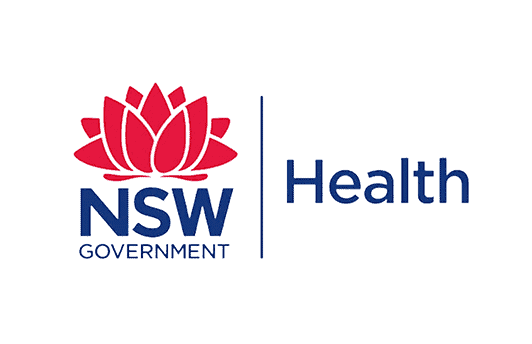What is the HASI Plus Program?
Housing and Accommodation Support Initiative Plus (HASI Plus) is a program for people with severe mental illness and significant difficulties managing day to day living. The program is community-based, transitional, rehabilitation and recovery-oriented. HASI Plus integrates clinical and intensive psychosocial support that is available up to 16 or 24 hours per day, 7 days per week, with stable, community-based accommodation.
HASI Plus is a statewide program funded by the NSW Ministry of Health (Ministry). The HASI Plus service model is delivered locally as a partnership between host local health districts (LHDs) and specialist mental health community managed organisations (CMOs). Started in 2013, there are currently 70 HASI Plus places across 8 accommodation sites hosted in 4 LHDs.
HASI Plus is underpinned by rigorous independent evaluation
The Ministry commissioned the Social Policy Research Centre (SPRC) to evaluate the HASI Plus program. The evaluation involved 2 rounds of qualitative interviews and focus groups, as well as analysis of quantitative program data and statewide outcomes data about consumers. The evaluation ran from August 2018 to August 2021.
HASI Plus supported 101 consumers in the study period from 2013 to September 2019. Almost all consumers had a diagnosis of schizophrenia or schizo affective disorder and 74% had a mental health, guardianship or financial management order in place when they started in the program. Overall, the evaluation shows that the program is working well and achieving most of its intended aims.
At a broad summary level:
- Consumers and their families liked HASI Plus – they reported a wide range of positive experiences in the evaluation fieldwork (and overwhelming support for the housing component of the service model).
- CMO and LHD staff were generally satisfied with the operations, management and staffing arrangements at the sites, including training.
- Consumer outcomes were generally positive – including a statistically significant reduction in mental health hospital admissions and length of stay in hospital after entry to HASI Plus. In addition, almost half of people who exited HASI Plus during the evaluation period transitioned to alternative community living arrangements, with 42% moving to less intensive supports¹.
- The decrease in frequency and length of hospital admissions after consumers entered HASI Plus meant a saving, or cost offset, of between 35 to 85% of the average cost of a HASI Plus package (depending on how hospital inpatient costs are calculated).
- The average cost of a HASI Plus package was $186,011 per annum, which was substantially less than the annual cost of supporting a person with a similar clinical profile or phase of illness in hospital, and also less than other comparable support programs in NSW.
The factors identified as most important for the success of HASI Plus were:
- the access to safe and secure housing as part of the service model
- intensive on-site supports
- strong local partnerships between CMOs and LHDs
- the flexible, person-centred approach to service provision.
The main areas where HASI Plus was not operating as successfully were:
- inequitable access to HASI Plus as a statewide resource, especially for consumers referred from non-host LHDs
- low numbers of people supported in HASI Plus following release from prison.
Good practice was evident throughout the evaluation, enabled by a range of facilitators
Program partners should consider how these facilitators could be used to continue to improve the programs further, including:
Key actions to improve equity of access to the program
- Improve availability of information about the program for referring groups, especially in non- host LHDs and custodial settings.
- Review the barriers to access for people who are exiting prison.
- Develop the cultural responsiveness of the program so that it meets its objective to respond to the diversity of consumers.
Key actions to improve consumer-led support and planning
- Promote discussion and problem-solving to develop strategies for effective psychosocial support to each consumer that respects their autonomy and freedom of movement.
- Review program activities regularly at a local level to ensure that activities meet consumer preferences. Focus on involving consumers in meaningful activities in the community, including work and education.
- Continue to share success stories and discussion among CMOs about how to effectively support each consumer’s physical health.
Key actions to improve transition into HASI Plus
- Improve information flows about the support needs of new people referred so that frontline CMO staff are involved in the referral process and can put support strategies in place.
Key actions to improve responsiveness of support
- Consider ways to strengthen partnerships with other local services, to enhance the spectrum of supports available for consumers.
Key actions to improve timely consumer transition to more independent community living
- Pursue agreements between the Department of Communities and Justice (DCJ) and the Ministry to facilitate more timely access to social housing as a priority for people transitioning out of HASI Plus. This would reduce program ‘bed block’. Encourage CMOs to invest in strengthening relationships with social housing providers.
- Develop formal and informal links between the program and Supported Independent Living (SIL) options funded by the National Disability Insurance Scheme (NDIS) as a transition option for people with high support needs.
Key actions to improve monitoring and reporting requirements
- Review the mental health outcomes measures used in HASI Plus with a focus on how these can usefully inform consumer recovery goals and progress.
DOWNLOAD REPORT


